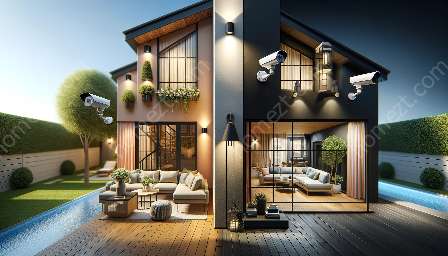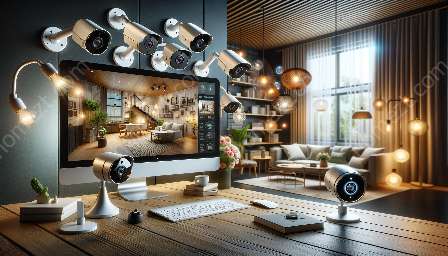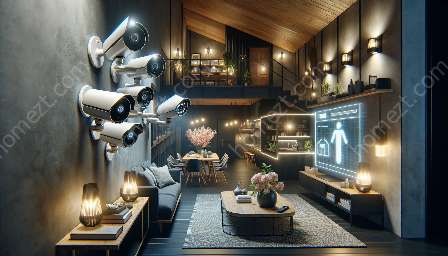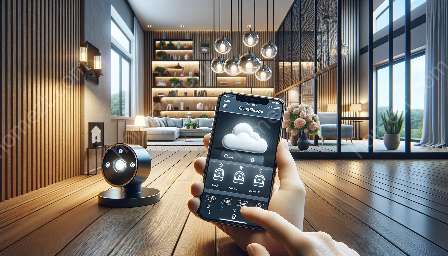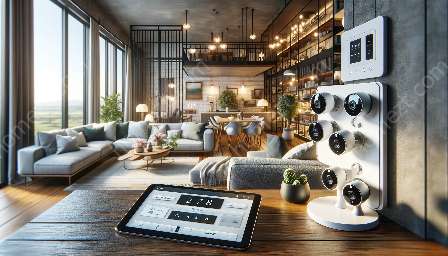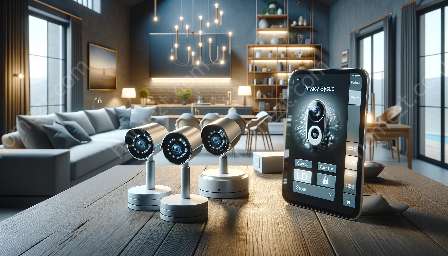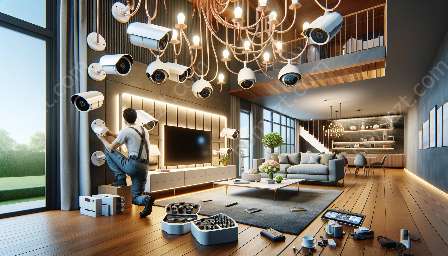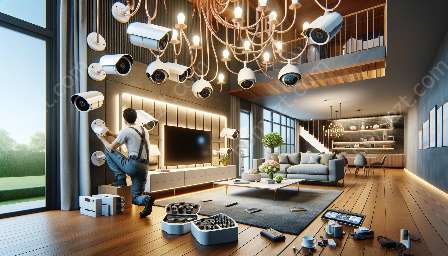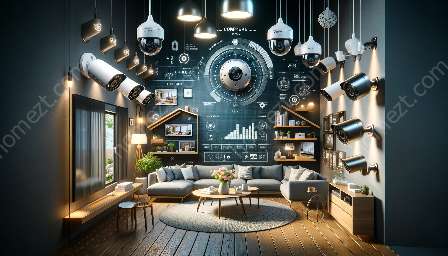Home camera systems have become an essential component of home security and surveillance. One crucial aspect of these systems is their night vision capabilities, which enable homeowners to monitor their properties even in low-light or dark conditions. In this comprehensive guide, we will explore the significance of night vision technology in home camera systems, discuss various types of night vision capabilities, and provide tips for choosing the best system for your home.
The Importance of Night Vision in Home Camera Systems
Effective monitoring of residential properties requires reliable surveillance systems that can capture clear and detailed images regardless of the lighting conditions. Night vision capabilities play a crucial role in ensuring round-the-clock security and surveillance, as they allow homeowners to monitor their homes during nighttime or in areas with insufficient lighting. Whether it's to deter intruders, monitor outdoor activities, or keep an eye on pets, night vision technology is a valuable feature that enhances the overall effectiveness of home camera systems.
Types of Night Vision Technology
When it comes to home camera systems, there are several types of night vision technology that homeowners can consider. These technologies are designed to provide visibility in low-light conditions and are categorized based on their functionality, range, and effectiveness. The main types of night vision technology commonly found in home camera systems include:
- 1. Infrared (IR) Night Vision: IR night vision utilizes infrared light to capture images in the dark. This technology is widely used in home security cameras, and it allows for clear and sharp images even in complete darkness.
- 2. Low-Light Imaging: Some home camera systems are equipped with low-light image sensors that can amplify available light to produce visible images in extremely low-light situations.
- 3. Thermal Imaging: Thermal imaging cameras detect heat emitted by objects and individuals, allowing for visibility in total darkness, adverse weather conditions, and through obstructions such as smoke and fog.
Each type of night vision technology has its own advantages and considerations, and the choice of technology depends on factors such as the intended use, environmental conditions, and the specific requirements of the homeowner.
Choosing the Best Night Vision Home Camera System
When selecting a home camera system with night vision capabilities, homeowners should consider various factors to ensure that they choose the most suitable option for their needs. Some key considerations include:
- 1. Range and Coverage: Evaluate the range and coverage area of the night vision capability to ensure that it meets the requirements for monitoring specific areas around the home.
- 2. Image Quality: Assess the image quality and clarity provided by the night vision feature, as well as the resolution of the captured images, to ensure that they meet the desired standards for monitoring and identification.
- 3. Integration and Compatibility: Consider the integration of the home camera system with other smart home devices, as well as its compatibility with mobile apps for remote monitoring and control.
- 4. Power Source: Determine the power source requirements for the night vision capability, whether it's through wired connections, rechargeable batteries, or solar power, to ensure reliable and continuous operation.
Moreover, it’s essential to evaluate additional features such as motion detection, two-way audio, and cloud storage options to enhance the overall functionality and convenience of the home camera system.
Enhancing Home Security with Night Vision Technology
By investing in a home camera system with robust night vision capabilities, homeowners can significantly enhance the security and surveillance measures for their properties. With the ability to monitor and record activities during nighttime and in low-light conditions, these systems provide peace of mind and valuable insights into potential security threats or suspicious activities.
In Conclusion
Night vision capabilities are a critical aspect of modern home camera systems, offering homeowners the ability to effectively monitor their properties regardless of the time of day. Understanding the different types of night vision technology, along with the factors to consider when choosing a system, empowers homeowners to make informed decisions and enhance the security and surveillance of their homes. By leveraging the advancements in night vision technology, homeowners can create a safer and more secure environment for themselves and their families.


